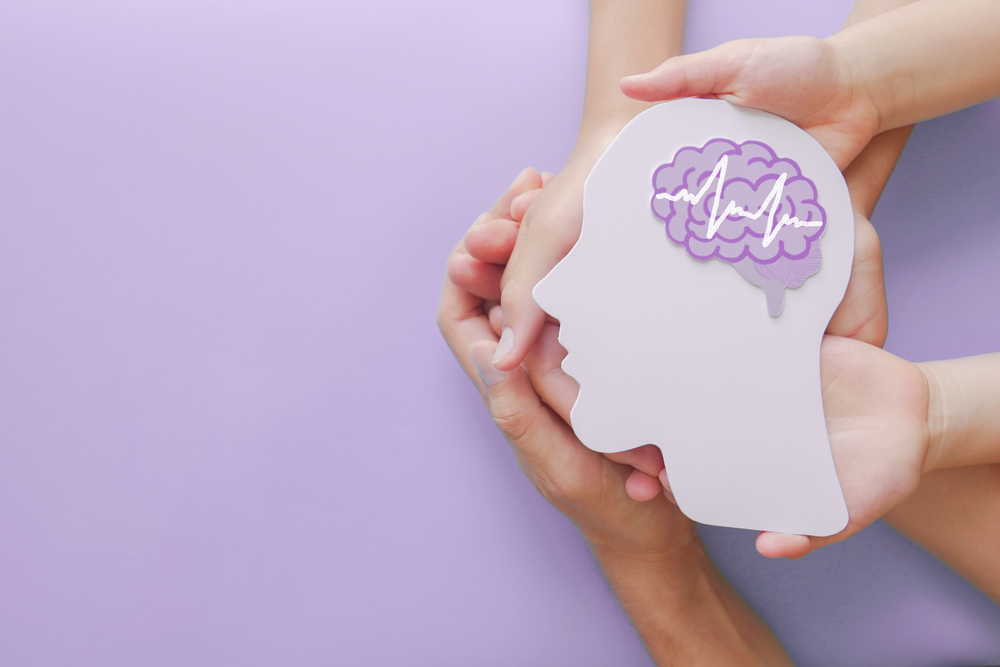
Amaha / / /
ARTICLE | 5 MIN MINS READ
Understanding the Causes of Bipolar Disorder
Published on
21st Apr 2023

Bipolar disorder is a mood disorder characterised by extreme highs (mania) and extreme lows (depression). Out of its many types, the three common types of bipolar disorder are
Bipolar I
Bipolar II
Bipolar I is characterised by an oscillation between severe mania and severe depression.
Bipolar II is characterised by a less severe type of mania called hypomania. Cyclothymia is characterised by an oscillation between hypomania and depression. It does not include hallucinations, delusions, or other psychotic features.
Also read: What is Bipolar Disorder - Signs, Symptoms, Causes, and more
Mania in bipolar disorder can look like
Exaggerated self-confidence,
Feeling an increase in energy,
Talking excessively,
Having too many thoughts at the same time rapidly, and
Decreased sleep
While depressive episodes in bipolar disorder can lead you to
Lose interest in activities you once enjoyed,
Sleeping too much or too little,
Feeling low energy,
Feeling worthless,
Ideating about suicide, and
Having decreased concentration and attentiveness
Also watch: What Does Depression Feel Like, and How Does Therapy Help?
Before understanding the causes of this mental disorder, remember that there is no single cause of bipolar disorder. You cannot be attributed to causing your mental disorder as a mixture of factors results in this condition.
Related: Are Mood Swings a Sign of Bipolar Disorder?
What are the Risk Factors of Bipolar Disorder?
Environmental Factors
Different environmental conditions can trigger depression and mania in bipolar disorder. Triggers such as not inadequate sleep, simultaneous stressful life changes, and lack of physical activity can exacerbate depressive episodes.
On the other hand, mania can be triggered by factors such as a relationship break, substance abuse, misuse of prescribed drugs such as antidepressants, death of a loved one, job loss, or even changes in sleep patterns.
Also read: Your Guide to Coping After Being Laid Off
Genetics and Brain Structure
Research indicates that an imbalance of specific neurotransmitters such as dopamine, serotonin, and norepinephrine are associated with bipolar disorder. These are neurotransmitters that influence your mood. According to family and twin studies, you are more likely to have bipolar disorder if your first-degree relatives such as your parents or siblings have it.
Hence, the possibility of generic inheritance of bipolar disorder cannot be ruled out while understanding this disorder. Genes can leave you more vulnerable to many mental disorders if they run in your family.
Related: How to Know if Someone Has Bipolar Disorder?
Stress
The stress hormone cortisol is associated with bipolar disorder. As your stress level increases, the cortisol level of the body goes up too. This causes alterations in how the brain functions and communicates with other parts of the body.
Stressful life events such as the death of a family member or friend, job loss, miscarriage or abortion, being in an abusive relationship, or a highly demanding lifestyle can put you at risk of developing mental disorders.
Also read: What is it like Living with Bipolar Disorder
However, it is often difficult to gauge which stress-inducing events can impact someone as everyone experiences stress differently. What might be an extremely stressful event for someone might not be something as stressful for you.
It cannot be easy to figure out what causes your mental health condition by yourself. It can help to start a conversation about it with your family, friends, and your therapist and psychiatrist.
Related: What are Effective Treatments for Bipolar Disorder?
Remember educating yourself and your friends and family about your mental health condition can be beneficial in building trust and living a more fulfilling life.
After getting insights into the risk factors of bipolar disorder, you can start on a journey of exploring your mind and yourself with the right support and care.
Was this article helpful?
Yes
No
If you didn't find what you were looking for, please reach out to us at [email protected] or +912071171501. We're here for you - for anything you might need.



Build a good life for yourself
with Amaha
Best App
for Good
on Google Play India

